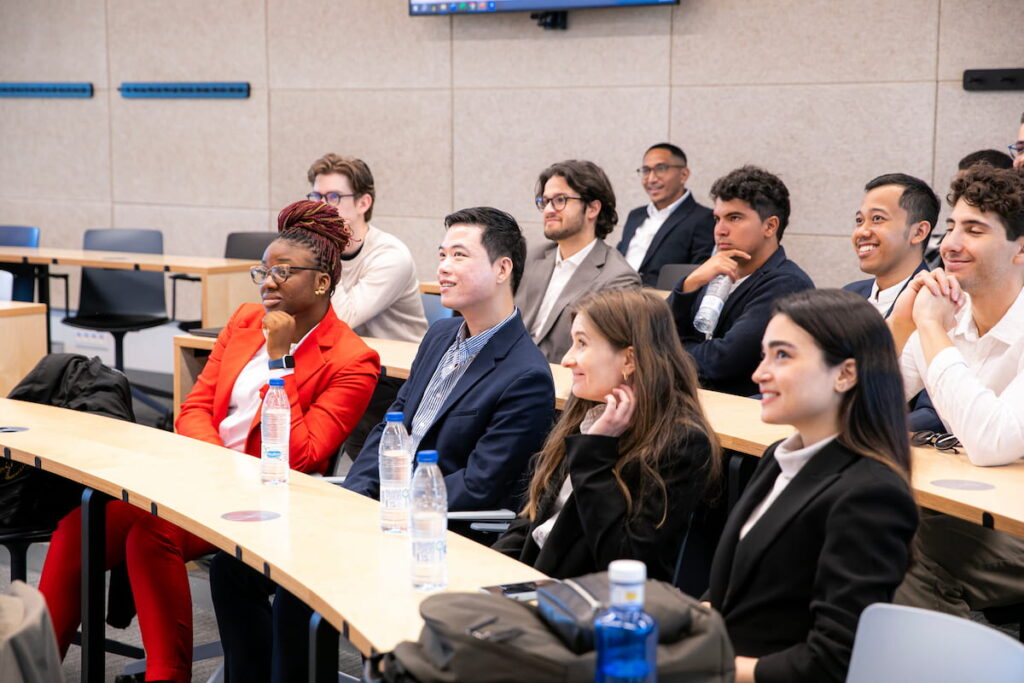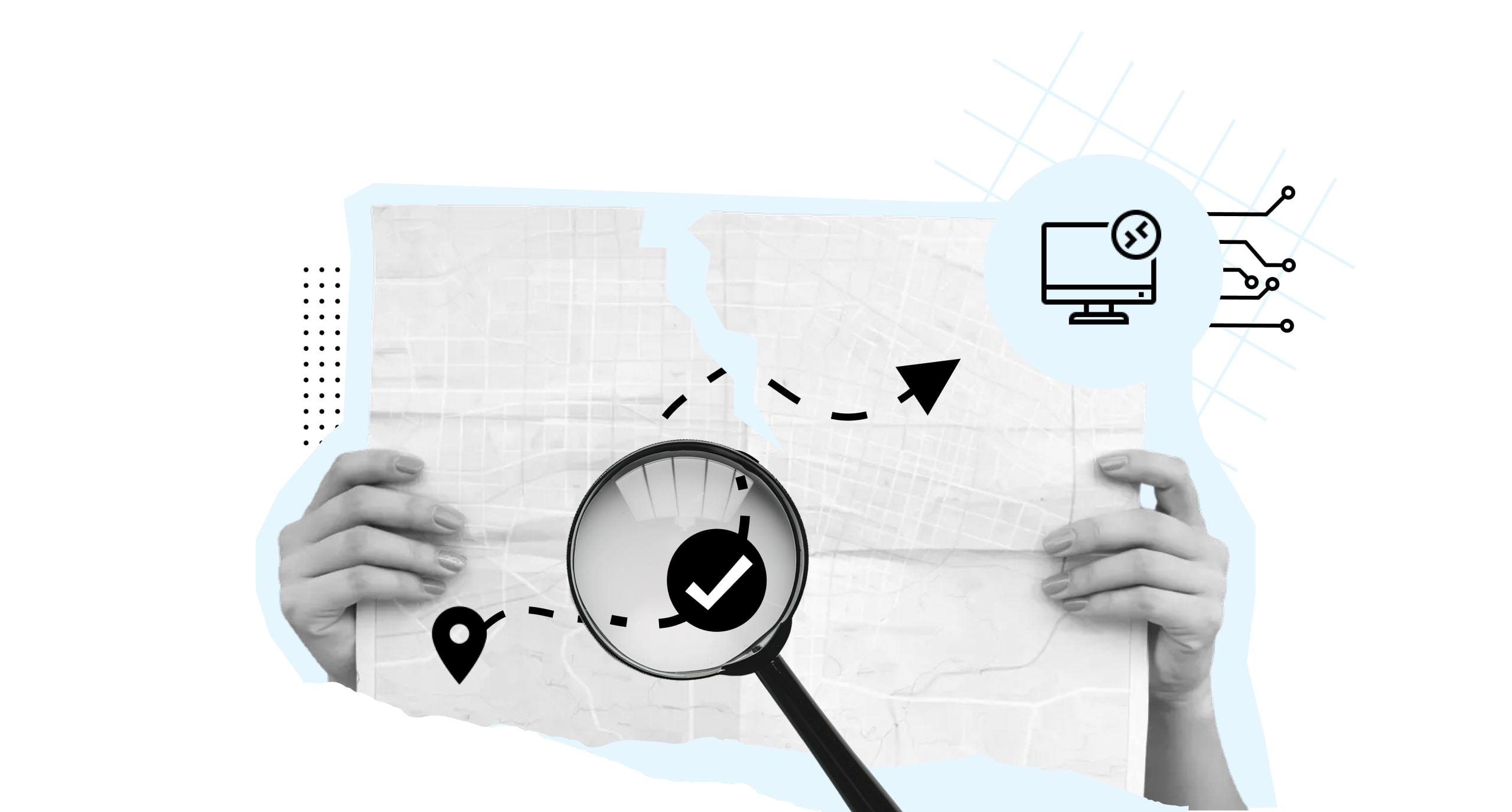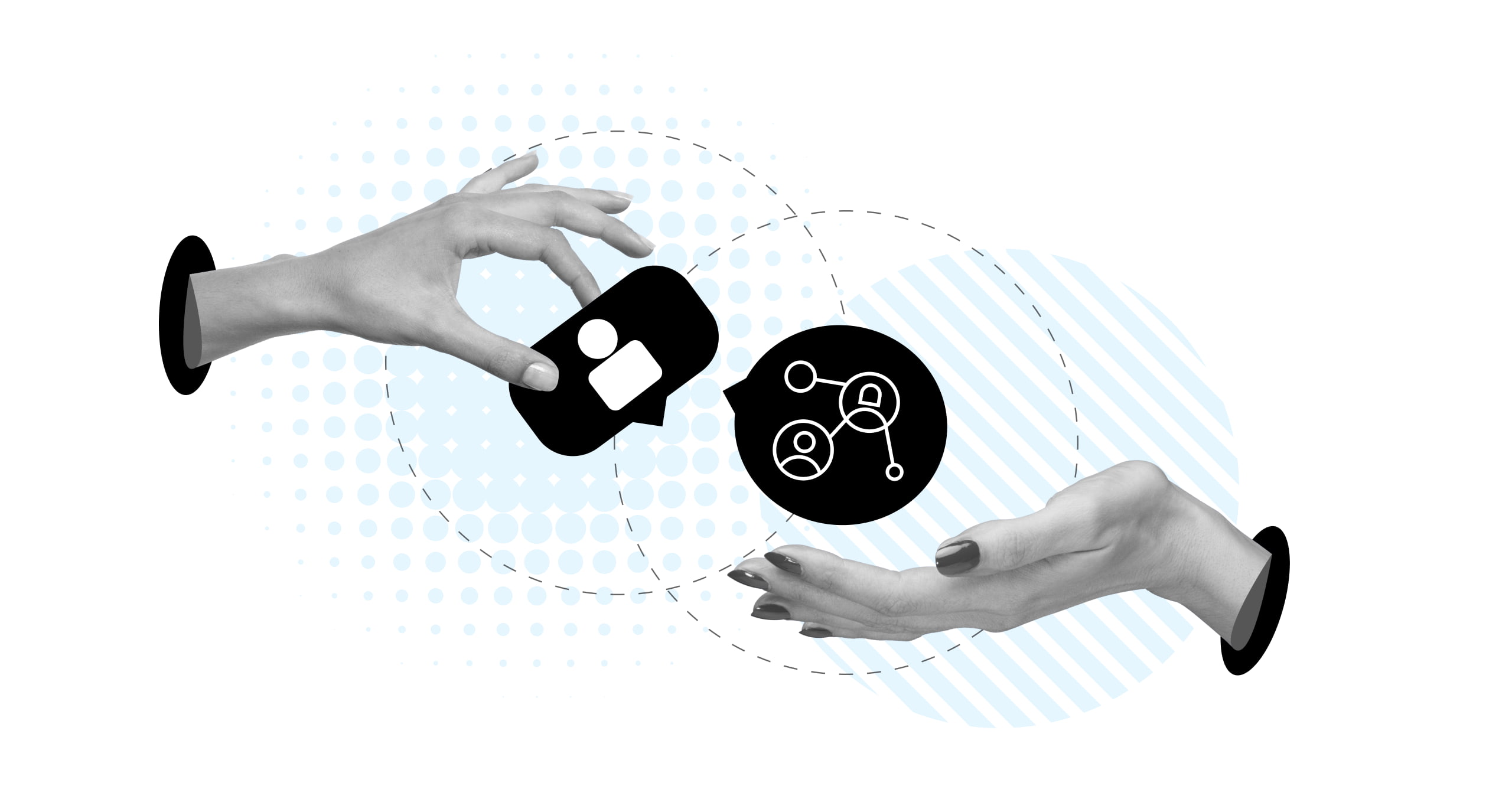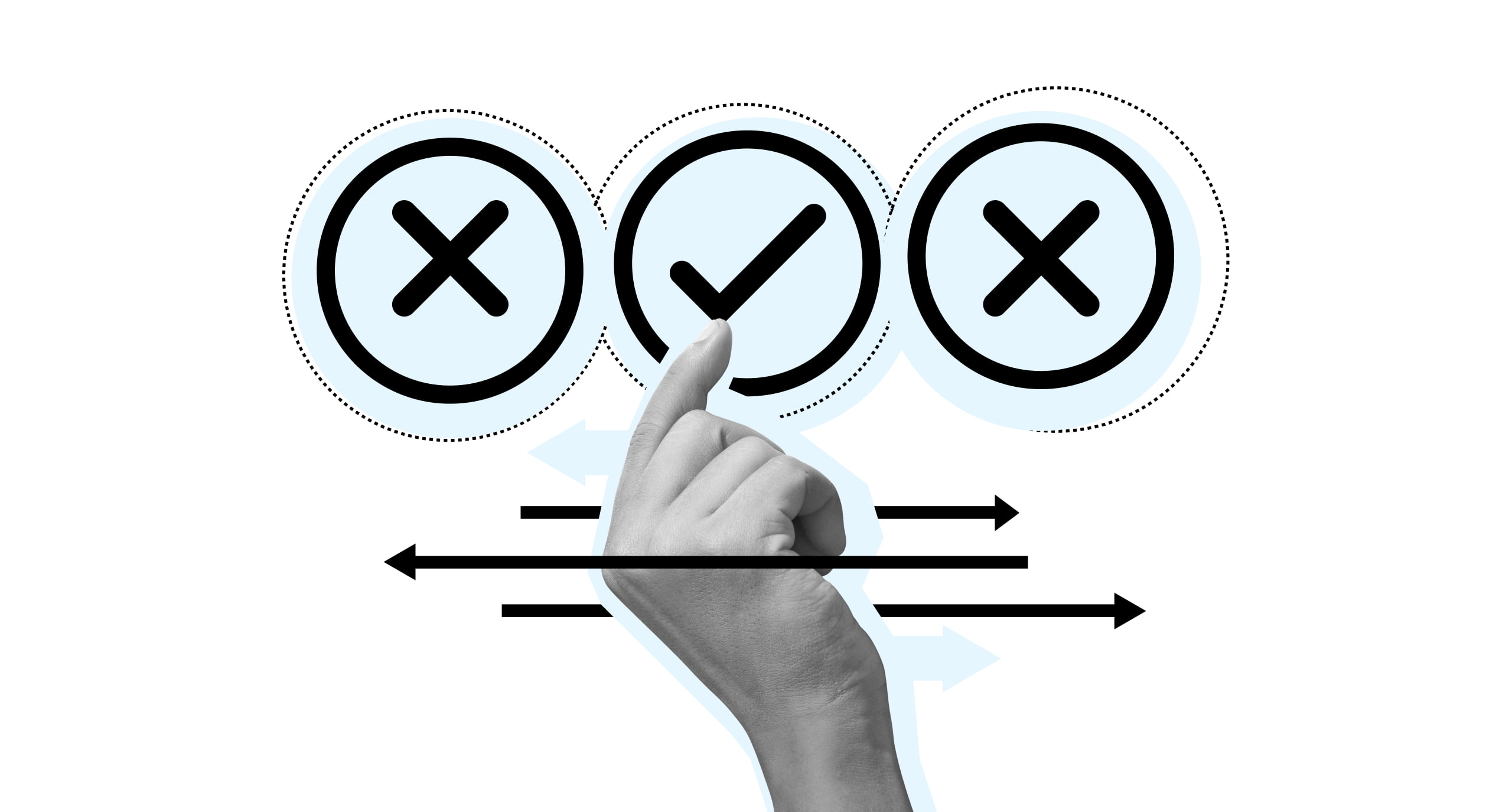Digital leadership is core for the next generation of business professionals. As such, IE Business School’s Master in Digital Business & Innovation has undergone a comprehensive update. This revamp is a response to changing market demands, preparing candidates for a more competitive, tech-oriented job market.
Let’s find out how.
A foundation-first approach
The revamped program introduces a new two-phase structure that mirrors how successful digital transformations actually happen: build strong foundations, then specialize strategically. The program begins with an intensive Core Period that establishes essential knowledge across six key areas. This ensures that every graduate possesses the in-demand, hybrid skill set for today’s market.
Professor Manuel López Martín de Blas, the program’s vice dean, emphasizes that the program isn’t about coding skills. It’s about strategy, digital transformation and adaptability. “Come with curiosity,” he says. “And the confidence that you’re in the right place, even if you’re not techy.”
“The Master in Digital Business & Innovation isn’t about becoming a programmer. It’s about becoming a transformational leader—someone who understands how to navigate and lead change, innovation and digital disruption with confidence.”

The core curriculum includes Foundational Data & Programming, where students learn Python for data analysis and SQL for database modeling. You’ll also take a look at Digital Strategy, Innovation & Technology, focusing on designing bold strategies and disruptive business models. Additional modules ensure a holistic grounding in the fundamentals you’ll need, covering Financial Strategy, Agile Execution & Sustainable Management, Digital Sales, Marketing & Customer Engagement, Data-Driven Operations and Supply Chain Management Innovation and Emerging Tech, which provides hands-on exposure to AI, machine learning, blockchain and cybersecurity.
This foundation means you can navigate today’s fast-paced digital landscape confidently, regardless of your starting point and background. After all, tech skills alone won’t stand out in the business world—either in a corporation or as an entrepreneur. As Manuel notes, “This program is designed for those who want to bridge business and technology.”
Strategic specialization tracks for career impact
Following the Core Period, you choose one of five cutting-edge Specialization Tracks. These are designed to align with the highest growth areas in digital business, and to allow you to focus your study on what aligns most with your own passion and ambitions:
AI-Powered Business Analytics
This track equips students with machine learning tools, big data integration techniques and advanced predictive analytics to inform business decisions and transform data into strategic advantage.
Digital Product & Platform Management
Here you’ll cover the complete lifecycle of digital products from ideation to global scaling, with hands-on experience in agile development, UX/UI design, platform monetization and prototyping tools to build innovative solutions.
Digital Strategy, Transformation & Consulting
This track prepares you to drive organizational change, learning to lead transformation initiatives and develop strategic consulting solutions. This track is about leadership, too, as it imparts the skills you’ll need to align stakeholders, manage resistance and guide companies through complex digital evolutions.
Fintech & Digital Finance
Here you can explore the future of financial services, covering digital payments, blockchain, AI in finance and regulatory innovation. If you see your future career in finance, this track will give you a thorough understanding of how technology is reshaping financial ecosystems.
Digital Entrepreneurship
This track reflects the entrepreneurial spirit that underpins every program at our institution. This track empowers aspiring entrepreneurs to turn bold ideas into impactful digital ventures, covering everything from startup creation and fundraising to scaling strategies and corporate innovation.
Regardless of the track you choose, it’ll be about more than just technology. “The most successful innovation I’ve seen came not from technology alone—but from people who could translate between digital tools and strategic goals,” says Manuel. The program aims to train hybrid professionals who connect technical understanding with strategic vision.
Capstone solutions for real industry problems
The program culminates with a Capstone Project and Consulting Challenge, where you’ll put everything you’ve learned into action. This three-phase experience includes Digital Venture Ideation & Feasibility, where you’ll identify and validate digital business ideas using structured frameworks for trend analysis and market research.
The Product-Market Fit & Execution phase challenges you to take your ideas into the real world, building and iterating on Minimum Viable Products while gathering customer feedback and launching initial go-to-market strategies.

In the Consulting Challenge you’ll tackle real-world business problems from our industry partners, helping them craft actionable solutions.
“We don’t simulate the real world—we bring it into the classroom,” says Professor Manuel, noting that faculty members are active practitioners working on digital transformation at leading global organizations such as Amazon, Salesforce, McKinsey, EY and Novartis.
Preparing for the present in digital leadership
This structural and focal transformation reflects the rapidly evolving demands of the digital economy. The World Economic Forum identifies AI specialists, fintech engineers and digital strategy consultants among the fastest-growing job roles. Meanwhile, the US Bureau of Labor Statistics predicts tech positions will grow at anywhere from twice to six times the rate of the overall workforce.
“The future belongs to leaders who combine tech insight with business vision and the courage to drive change,” says Manuel. That’s why the revamped Master in Digital Business & Innovation develops an array of skills. These include AI and data literacy, digital business model design, collaboration, leadership and innovation sustainability.
The program’s global perspective adds another crucial dimension. With peers from more than 20 nationalities, students develop the cross-cultural collaboration skills essential for leading in multinational, digital environments. “We’re not just building skill sets—we’re cultivating mindsets built for the next digital era,” concludes Vice Dean Manuel.
Become a master in digital leadership with IE Business School
Find out how you can join the Master in Digital Business & Innovation.

Benjamin is the editor of Uncover IE. His writing is featured in the LAMDA Verse and Prose Anthology Vol. 19, The Primer and Moonflake Press. Benjamin provided translation for “FalseStuff: La Muerte de las Musas”, winner of Best Theatre Show at the Max Awards 2024.
Benjamin was shortlisted for the Bristol Old Vic Open Sessions 2016 and the Alpine Fellowship Writing Prize 2023.


















